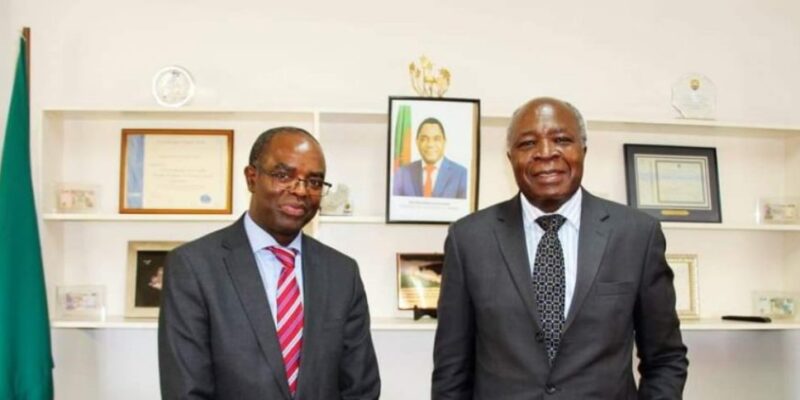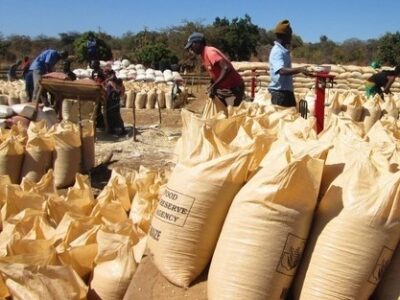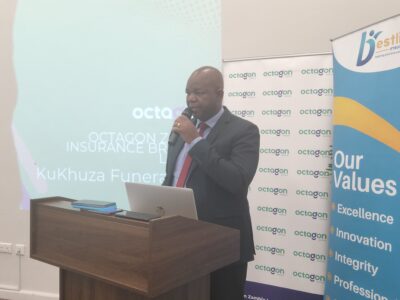Zambia Revenue Authority (ZRA)’ s revenue performance for 2022 has indicated a recomputed surplus of about K6.941 billion target.
Key highlights in the report presented during the Town Hall 2022 budget performance by ZRA commissioner general Dingani Banda indicated that only 1,063 out of 73,269 taxpayers at the end of December 202.
This is representation of 14.5 percent, contributed 80 percent of the gross revenue collected.
• The 2023 revenue target was increased by 13.3 percent to K103.126 billion from the 2022 revenue target of K91.035 billion respectively.
· Gross revenue collection increased by K10.3 billion from K96.3 billion to K106.6 billion in 2022 as refunds increased by K3.9billion , representing 31.6 percent from K12.4 billion in 2021 to K16.3 billion in 2022.
The Tax Amnesty Program (TAP) on penalties and interest was effected on October 1, 2022 as part of ZRA debt management strategy.
• As of December 31, 2022 , the Authority had received 6,801 applications across inland tax types with a principal liability value of K14.8 billion with penalties and interest of K6.1 billion and consequently as at December 2022, K1.5 billion was collected in principal payments.
Read more :State of Zambia’s Economy: 11 takeaways from Finance Minister’s Town Hall meeting
On tax revenue concessions ,of K19.263 billion revenue forgone in 2022,49.9 percent was on account of concessions to the wholesale and retail sector, 39.2 percent was due to activities of Oil Marketing Companies (OMCs) , 13.3 percent to the mining and quarrying sector.
• About K3.1 billion was recorded due to mineral royalty deductibility , 12.8 percent to the manufacturing sector; and three sectors together accounted for 76 percent respectively.
Key tax reforms in 2023 will be establishing dedicated taxpayer offices by streamlining large and specialized taxpayer offices in direct taxes by creating similar offices in indirect taxes and excise division among others.
Others will be increased staff allocated to the operating divisions with strong regional offices to complement Government’s decentralisation policy through data driven administration and enhanced analytics of internal and third-party data sources.












Comments